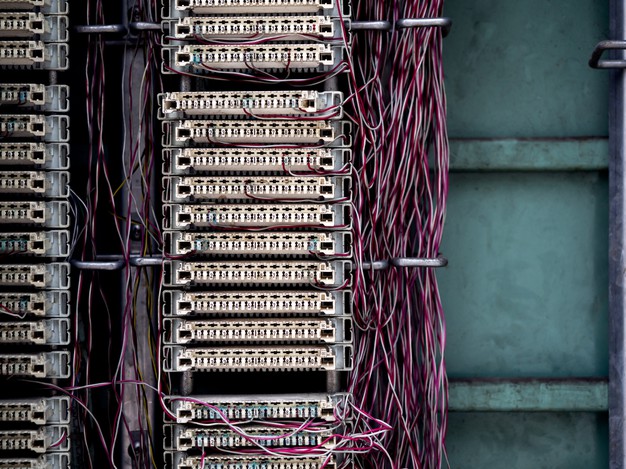The Philippines needs to accelerate the development of its digital infrastructure to hasten the digitalization of its economy and at the same time narrow the gap in the digital divide among its citizens, according to a recent study by the World Bank.

The report pointed out that there is a big gap in country’s digital divide with nearly 60 percent of households not having access to Internet, and unable to reap the benefits of digitalization.
“As a result, face-to-face interactions and analog practices are still pervasive in the country making social distancing economically costly,” said the World Bank-led report “Philippines Digital Economy Report 2020.
The report, launched on October 25, showed that the government can effectively use digital technology to empower its constituents and deliver services, if institutions that guarantee accountability are established and strengthened.
Moreover, cash and checks are still the main methods of payment while applying for permits and licenses typically requires exchange of documents in person. It said people waiting in long lines are typical fixture for Filipinos to secure goods and services.
The report also pointed out that the Philippines performed worse than its regional peers in government’s digital adoption. The country lags most regional peers in high-speed fixed and mobile broadband penetration.
To improve the country’s digital infrastructure and connectivity, the report recommended measures such as greater private sector participation to invest in the Philippine digital infrastructure.
Using digital technologies will improve the monitoring of government workers and government-funded organizations that deliver services and help curtail absenteeism, operational inefficiencies, and corruption, it said.
“Digital technologies can also improve electoral accountability, help uncover election fraud, and reduce election-related violence. Automation in business regulations, citizen feedback systems, and procurement systems also reduce the risk of corruption and poor services,” the report stated.
Meanwhile, Globe Telecom president and CEO Ernest Cu said during the launch of the study that he agrees with the recommended key reforms and policy measures to help the Philippines leverage digitalization for economic and social resilience, especially in the face of the Covid-19 pandemic.
Cu said that download speeds for fixed broadband have been improving partially due to increased capital expenditures and network improvements by telecom companies.
Citing the August 2020 Opensignal report, he said there was “a substantial 80.9-percent increase in download speeds and 4G availability, rising 19.5 percentage points from 63.75 percent to 83 percent over a period of 2.5 years.”
The Opensignal report showed that mobile 4G availability in the Philippines has been increasing for at least two and half years and nearing the global average of 86.8 percent.
Independent think tank Stratbase ADR Institute said in a statement that the government should create an empowering policy and regulatory agenda to extensively expand access to broadband services to all Filipinos.
“Harnessing the expertise and resources of the private sector will greatly accelerate the pace of operationalizing these technologies that we must now rely on because of the health and economic crisis,” Stratbase ADR Institute president Victor Andres Manhit said.
“The digital transformation of the government bureaucracy will have a game-changing impact that will have systemic benefits that will go way beyond the pandemic crisis,” Manhit added.




